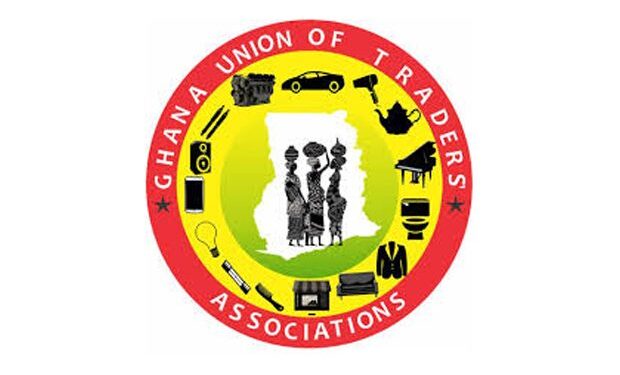The Ghana National Union of Traders Associations (GUTA) is taking a proactive approach to holding politicians accountable for their promises by proposing a social contract with Vice President Dr. Mahamudu Bawumia and other flagbearers regarding the removal of taxes.
Joseph Padi, the Public Relations Officer for GUTA, emphasized the tendency of politicians to make promises during campaigns only to deviate from them once in power. To address this issue, GUTA seeks to formalize agreements with political leaders to ensure that promises, particularly regarding tax policies, are honored.
Dr. Bawumia’s pledge to abolish the e-levy, a contentious tax on electronic financial transactions introduced in 2022, serves as a focal point for this initiative. Despite initially opposing such levies, Dr. Bawumia reiterated his commitment to eliminating the e-levy during a significant address to the nation following his nomination as the NPP flagbearer. He emphasized the importance of fostering a digital and cashless economy, highlighting the role of abolishing the e-levy in achieving this goal.
GUTA’s proposal for a social contract aims to ensure transparency and accountability in political pledges, particularly concerning taxation policies that directly impact businesses and citizens. By formalizing agreements with political leaders, GUTA seeks to safeguard the interests of traders and the broader community, ensuring that campaign promises translate into tangible actions once politicians assume office.
“To move towards a cashless economy, however, we have to encourage the population to use electronic channels payment. To accomplish this, there will be no taxes on digital payments under my administration. The e-levy will therefore, be abolished,” he declared at the UPSA auditorium on February 7.
In addition to pledging the abolition of the e-levy, Vice President Dr. Mahamudu Bawumia outlined a comprehensive tax reform agenda aimed at easing the tax burden on individuals and businesses in Ghana.
Dr. Bawumia has committed to abolishing the emission tax, which is levied on vehicles based on their emissions levels. This move aligns with broader environmental objectives and aims to incentivize the adoption of cleaner technologies in the transportation sector.
Furthermore, Dr. Bawumia has vowed to eliminate the tax on betting, recognizing the concerns raised by stakeholders regarding the impact of such taxes on the gaming industry and consumers.
Another key aspect of Dr. Bawumia’s tax reform agenda is the proposed abolition of the 15% VAT on electricity tariffs, provided it is still in effect by January 2025. This measure seeks to alleviate the financial burden on households and businesses by reducing the cost of electricity consumption.
In line with efforts to promote economic growth and support small and medium-scale enterprises (SMEs), Dr. Bawumia has announced plans to introduce a “friendly, flat tax regime” for Ghana. This simplified tax system aims to streamline tax compliance processes and reduce administrative burdens for individuals and businesses, particularly SMEs. By implementing a more straightforward and predictable tax framework, the government aims to create a conducive environment for entrepreneurship and investment, fostering economic development and job creation.
“My administration will introduce a very simple, citizen- and business-friendly flat tax regime. A flat tax of a percentage of income for individuals and SMEs, which constitute 98% of all businesses in Ghana, with appropriate exemption thresholds set to protect the poor,” Dr. Bawumia indicated.
Asked whether he was impressed by this address, Mr. Padi said, “Why not? Per where we have been coming from, this is something we have been calling for all this while. We have been complaining about the cost of doing business, saying that it is too high compared to our neighboring countries.
When you go to our ports right now, we are losing business from Togo, Benin, and Nigeria because you go and clear a container worth about $20,000 and you are paying $10,000 as a form of duty. So, we have been complaining about this for years, and if now the vice president has come out to say he is going to scrap all these, it is good.. But the challenge here is that those that can be done now should be done now because businesses are suffocating. For example, if we are talking about the COVID-19 levy, what stops them from taking it off now?”
He added, “We want a social contract with these politicians; enough of the promises they make, but when they come to power, we don’t see those promises being fulfilled. So, this time, we say we are going to sign a social contract with you, and whatever you promise, we are going to hold you accountable. There is a huge credibility gap when it comes to politicians.”

































